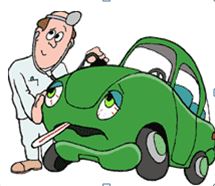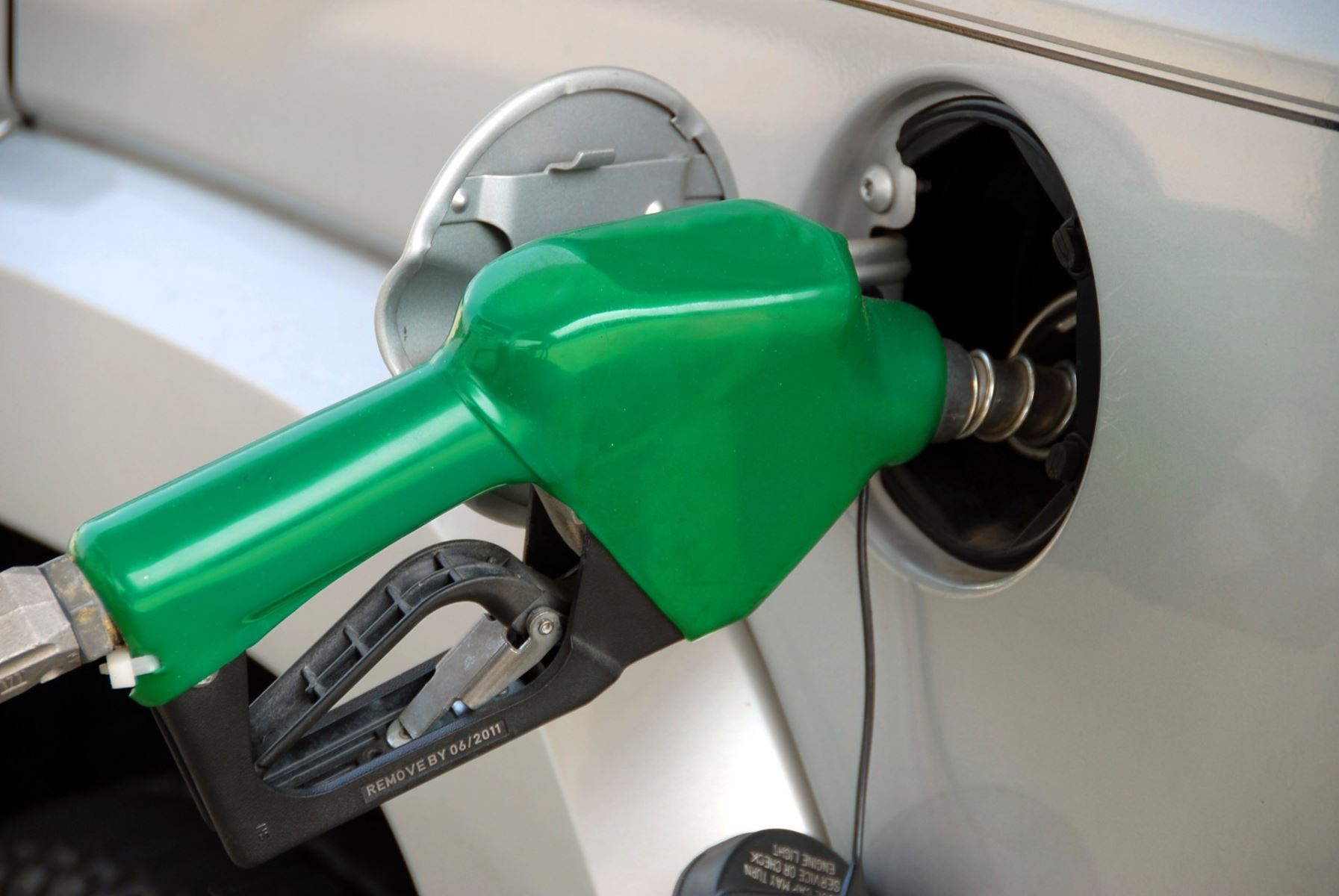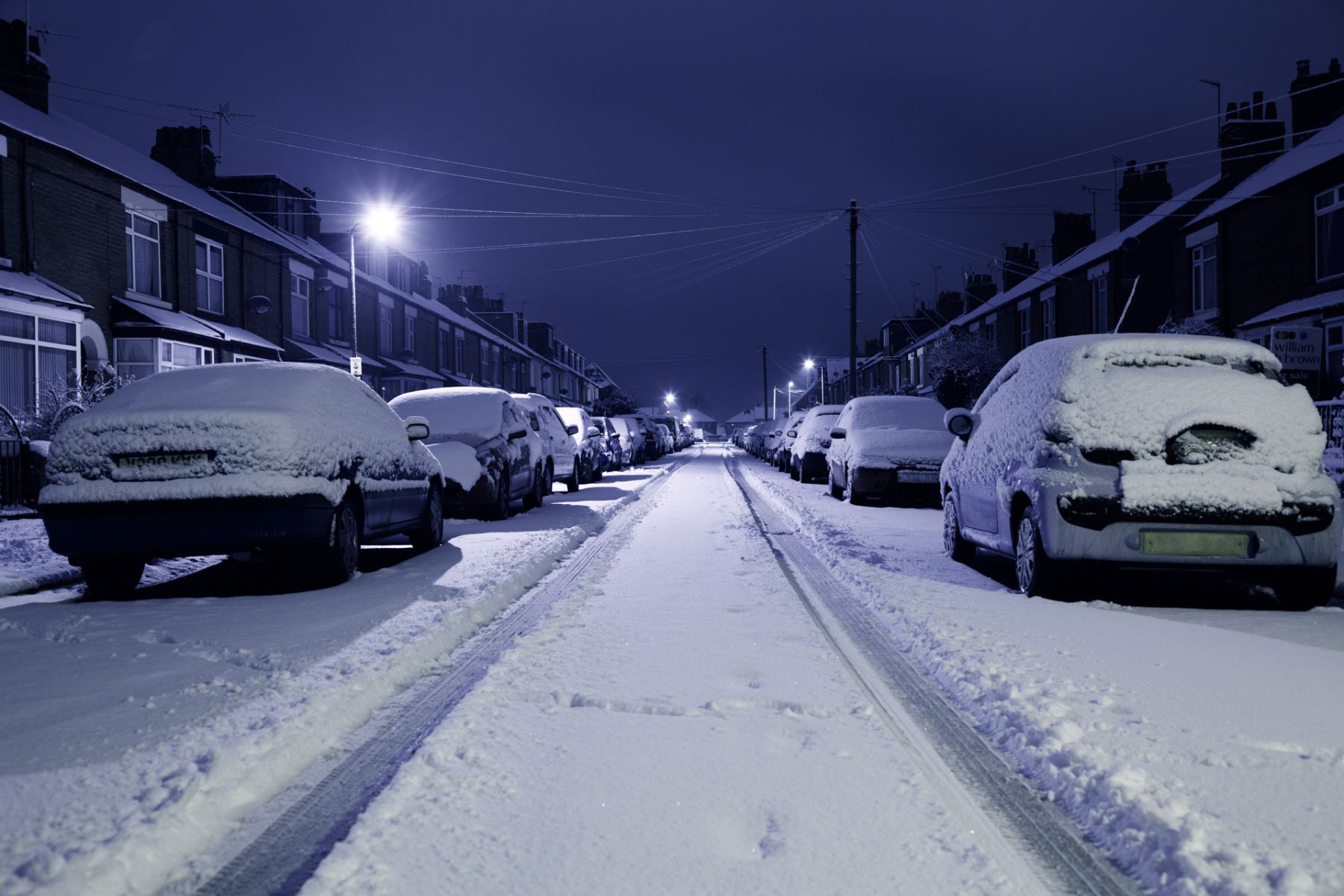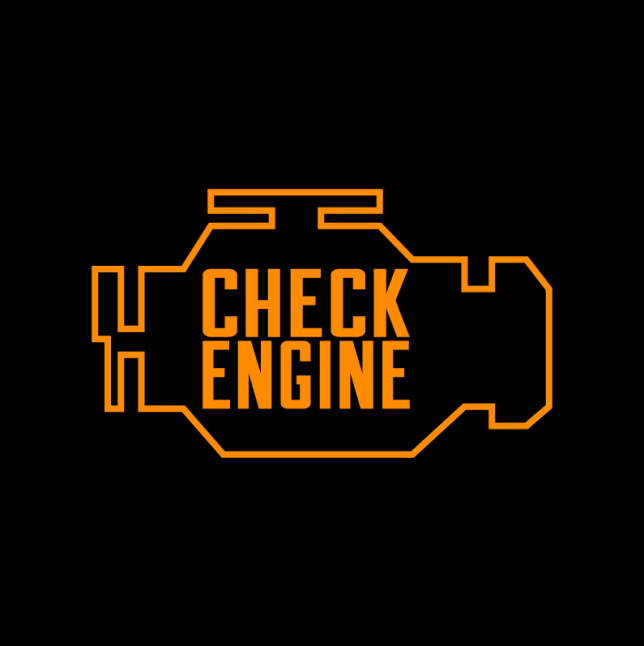Posted on 4/17/2017

As vehicles get more complicated, new twists and more advanced multiplexing and technology only add to the challenges of diagnosing automotive problems. Yet in the world of auto repair, some customers don’t always perceive the valve in the cost of diagnosis. Throw in the fear of unknown and lack of trust into this equation, and some people start looking elsewhere for answers. The results most times are questionable. Our shop technicians spend weekends and evening in classes to learn about the new technology. Newer vehicles are the most complex object that most people own and it is time consuming for technicians just to learn how to use new scanners and understand all of their capabilities. In the past two weeks, four of techs spent Saturday and Sunday in classes. Recently, we had a customer bring in his European import with a check engine light on and running poorly. We hooked up a specialty scan tool, scanned the vehicle and found a P0301 code, misfire #1 cyl ... read more
Posted on 2/23/2017
Your vehicle is one of the most expensive objects you own and it loses value every year. Vehicles just about always fall in value as you “use” them for your day to day travels. To call them an investment would be a poor choice of words unless you calculated time saving. A vehicle gets you to your destination quickly, saving your un-renewable asset called time. Over the past 43 years of maintaining vehicles I have my own theory of how to minimize the expenses of owning a car. This theory includes the top three reasons people buy new cars. The first is the same reason you buy new clothes. Your old clothes are not worn out; you just need a new “fashion” statement. The second reason for buying a new car is your old one is worn out, undependable, needs a lot of repair, has too many dents, lack of shine. The third reason is it doesn’t fit your life style anymore, family expanding or contracting, and you need for larger or smaller vehicle. When I buy ... read more
Posted on 2/20/2017

As modern vehicles get more advanced with modern luxuries and safety equipment, so do the challenges of diagnostic and repair. Most folks think you hook up the scanner and it tells you what is wrong. This is so incorrect, it doesn’t. It will sometimes give you an idea of where to start looking but very often digging in deep to consider all the remote possibilities is the only way we get to the answer. Newer vehicles have an incredible amount of information that is gathered from sensors placed around the chassis, brakes, engine, interior, transmission, even sun sensor on the dash to determine the best setting on you climate control. All of this information is feed into control modules or electronic control units (ECU) placed around the vehicle. Newer vehicles have many sensors and ECUs for safety equipment to help avoid crashes or surviving a crash a higher probability. These include anti-lock brakes (ABS), traction control, stability control and the air bags, air curtains sys ... read more
Posted on 2/16/2017

We would like to congratulate Daphne Stone, for 300,000 miles of driving in her 2001 Honda CR-V! She has been a wonderful customer who has allowed us to service her vehicle for 15 years. An extra kudos to Daphne for being such an efficient driver, she is still on her original factory installed clutch. With correct adjustments over the years and a light foot she has accomplished a feat many other are not able to do. It’s always rewarding for us to be able to service a vehicle routinely, and see a customer happily get this amount of miles out of their car. Thank you Daphne for trusting us with your Honda. We’re excited to help keep you on the road for another 100k and more
Posted on 11/22/2016

Check tire pressure at least monthly. Tire pressures are found on the driver’s door jamb or in the owner’s manual. The number indicated on the tire sidewall is the maximum safe pressure, not the recommended pressure. Low tire pressure can reduce fuel mileage by 5% and create a safety hazard. Always check tire pressure when the tires are cold or cool, not after freeway driving. It is best to have your own tire pressure gauge, which can be bought for less than $5.00 Drive smoothly and anticipate traffic lights, and no quick starts. Act as if there is an egg under your gas pedal, and accelerate slowly. Watch the traffic lights ahead so you have to use your brakes as little as possible. Plan your route and get to know the traffic lights. Every time you use your brakes, you waste energy and brake life. With a manual transmission, shift to a higher gear soon rather than later. With an automatic transmission, keep it in overdrive, even in town. Maintain your vehicle ... read more
Posted on 10/20/2016

Winter weather can be miserable for driving. These tips will help make your upcoming journeys safer and more comfortable. Make sure all windows are clear before driving. Sight accounts for about 95% of the sensory input you need to drive safely. Always scrape all windows of ice before driving, and wipe the fog off all inside windows. Make sure that the “fresh” air mode is selected on vehicles that have the choice, mostly Japanese vehicles. Putting on the air conditioning will help “dry” the air during moist winter months so the defroster will work faster. Most newer cars put on the A/C automatically when “defrost” is picked. The only time I ever will recommend warming up your car before driving is when you need to thaw ice on the outside and clear fog on the inside of the windows. Note, don’t leave your car unattended, thieves can drive away. Coat all your door weather stripping with a thin coat of Vaseline (petroleum jelly) to preven ... read more
Posted on 9/28/2016

If your check-engine light is, something is wrong. This is a no brainer. But it can be easy to forget what a benefit it is to have your vehicle's electronic control unit (ECU) always scanning input from sensors to make sure the engine and related systems are up to par. Yes, the check-engine light "knows" when something is amiss. The problem is that some people choose to ignore it, saying the cause is just "pollution-related stuff" or, worse, they hear from someone at a shop that "it's not important". When I hear that, I know that particular shop didn't have the expertise to fix the problem. One of the problems of driving with a check-engine light on is that the light doesn't get any brighter, or start blinking to alert you that something very bad is going to happen. It only has one communication mode: light on. And as long as it is on, the ECU can be storing many fault codes, some of which can indicate a very big problem. Of all the ... read more